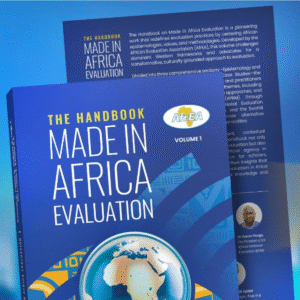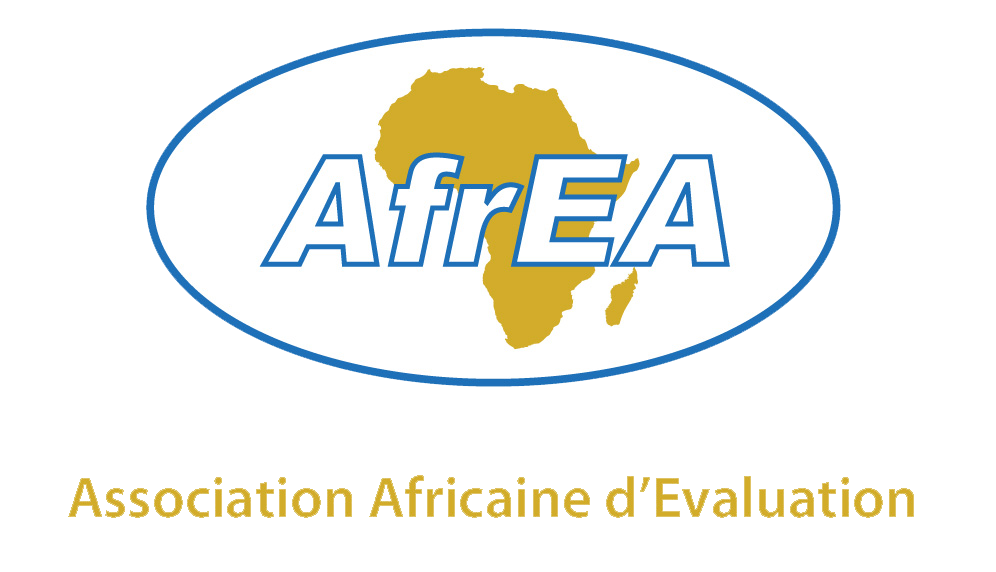Made in Africa
Evaluation (MAE)
Made in Africa Evaluation (MAE)
The Made in Africa Evaluation concept was born out of a need to develop evaluation practices that are deeply rooted in the African context. Recognizing that traditional evaluation methods often fail to capture the unique socio-cultural, economic, and political landscapes of African countries, the African Evaluation Association (AfrEA) initiated this concept to promote evaluations that are designed, led, and implemented by Africans for Africans. AfrEA’s objective is to promote and adapt to an African evaluation framework – an approach initiated from inside the continent and overwhelmingly supported from outside Africa.
The Made in Africa Evaluation concept will continuously enjoy prominence. During the 8th AfrEA Conference held from the 27th to the 31st of March 2017 in Kampala, Uganda, a special Made in Africa Evaluation strand attracted participation from the Global South.
The Made in Africa Evaluation initiative aims to ensure that evaluation practices are tailored to the specific contexts of African countries, taking into account local cultures, languages, and traditions.
MAE seeks to:
- Strengthen the capacity of African evaluators through training, mentorship, and professional development opportunities.
- promote African ownership and leadership in the evaluation process, ensuring that evaluations are driven by local needs and priorities.
- foster innovation in evaluation methodologies and encourage the sharing of best practices and lessons learned across the continent.
- advocate for the use of evaluation findings in policymaking and program improvement, thereby enhancing the impact of development initiatives in Africa.
The Made in Africa Evaluation initiative represents a paradigm shift in how evaluations are conducted on the continent. By prioritizing local contexts, building capacity, and promoting African leadership, this initiative ensures that evaluations are more relevant, credible, and impactful. It empowers African evaluators to take charge of their own development narratives and contributes to more effective and sustainable development outcomes. Ultimately, the Made in Africa Evaluation initiative alludes to the strength and potential of African-led solutions in addressing the continent’s unique challenges.
The Made in Africa Evaluation Handbook
The Made in Africa Evaluation Handbook, a landmark resource that centers African values, knowledge systems, and lived experiences in evaluation practice. This handbook is a declaration of intellectual sovereignty and a call to reimagine evaluation through an African lens.
The chapters within the handbook delve into critical themes, including the philosophical underpinnings of MAE, the integration of indigenous knowledge systems, and the pursuit of equitable evaluation through principles that honor Africa’s cultural and historical contexts. Through case studies and empirical research, contributors illustrate how evaluation practices across different African countries have evolved to embrace participatory, context- sensitive, and inclusive methodologies.


